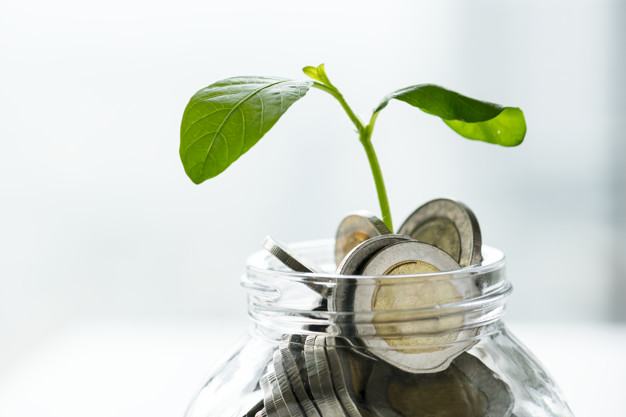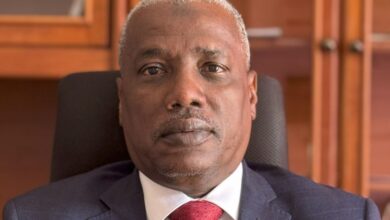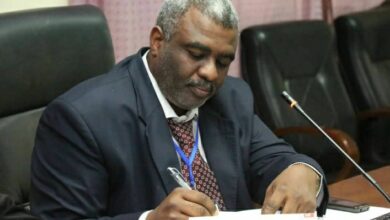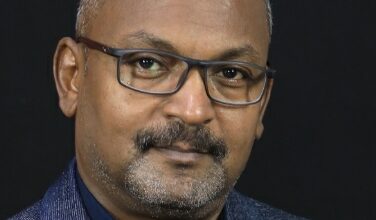
Three Pre-requisites to Materialize Paris Enthusiasm

Omer B. Abu Haraz
The Paris Conference on Sudan is a spectacular success that threw intense floodlight on Sudan. It also marked the passing of the threshold of rejoining the international community after painful isolation. The isolation aggravated the economic downfall of Sudan. Foreign debt swelled to US$61 billion. All doors of helping international isolation were closed for more than thirty years.
The ousted Islamic regime unaware of what they were doing closed the only left gate to support the economy. It was the gate of oil export proceeds which constituted 80% of the budgets since the start of oil exports from 1999 to 2011. They worked systematically to push the South Sudan region, which has 75% of the oil of Sudan, to opt for secession. Their short-sighted vision was focused on the full-fledged implementation of Sharia laws in a separated Sudan.
For almost ten years they fully milked the pillow of South Sudan without feeding it with an equitable share of their wealth to grow and give more.
After the secession of S. Sudan in July 2011, Sudan immediately lost 75% of its only left source of hard currency revenue. The economy started a devastating sharp plummeting pushed hard by more loans and growth of debt service, The trade balance dramatically reversed from surplus to a sustained deficit of US$5 billion.
December 2018 revolution culminated in a historic success of ousting a ruthless, corrupt, and unjust regime on April 11, 2019.
The gallant revolution in its peaceful steps and the three slogans of Freedom, Peace, and Justice captured the admiration and sympathy of the international community.
The recent Paris Conference focused on three pivotal issues on delivering Sudan from its precarious present condition. The first is the support of the international community to a sustained civilian democratic governance spearheaded by the youth of both genders especially women who played unprecedented courageous presence in the popular rallies and demonstrations since the start of the revolution in December 2018 to the success in April 2019.
The second is the call and enthusiasm to reach inclusive and comprehensive peace agreements applicable on the ground.
The third and most important is the addressing of the economic deterioration. So peace, security, and the alleviation of poverty were high on the agenda.
In this respect, America and European countries showed great sympathy and support for Sudan’s economy.
America played a crucial role in bringing Sudan back to the World Bank by its Bridge financing to pay the debts of Sudan to the Bank. This Bridge financing made Sudan eligible to deal with the Bank which approved a US$1.3 billion grant which was immediately used to pay back America Bridge Financing and about US$200 million left to be funded to the Central Bank of Sudan. Also, the World Bank approved another grant of US$2 billion to be used in agreed-upon projects in infrastructure and poverty alleviation.
Many countries pledged to write off their debts after the expected decision next month of approving the eligibility of Sudan on the Heavily Indebted Poor Countries (HIPC) initiation. After including Sudan in the HIPC, the doors of all financial institutions will open to Sudan to benefit from huge investments by big multi-national companies.
Sudan has huge resources not utilized. It has 275 million acres of arable land only 44 million cultivated. It has water resources in abundance, rare crops like Gum Arabic (85% of the world production), minerals (gold, chrome, iron, titanium, etc…
What remains to reap the enthusiasm of the world is a responsible national reconciliation, coherent civilian governance, and one national army.
We are not doing enough in those issues which are the pre-requisites to materialize the international genuine enthusiasm.




